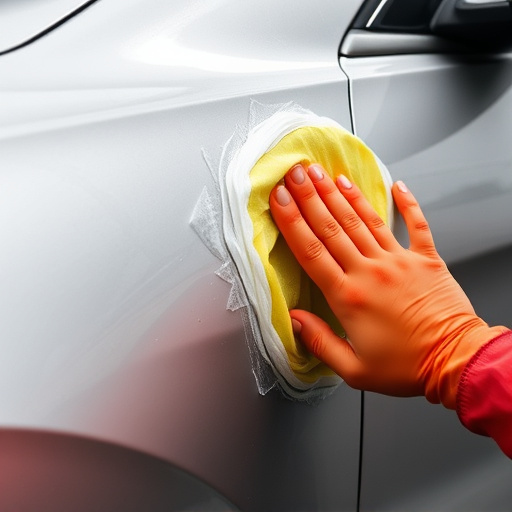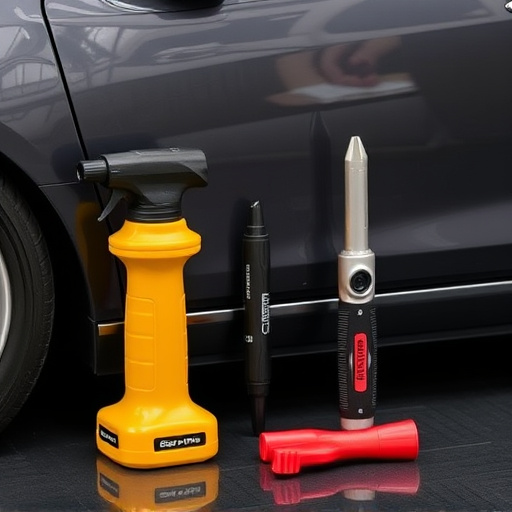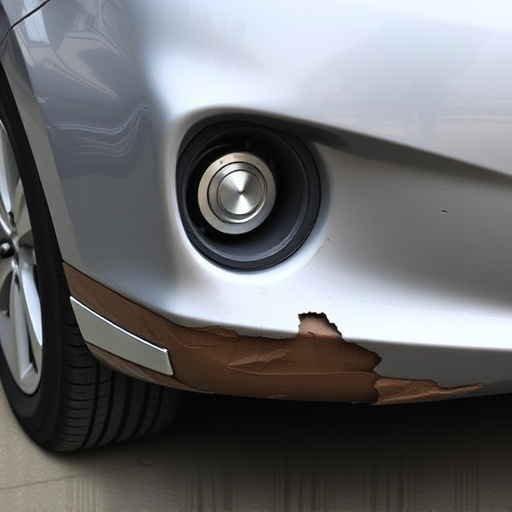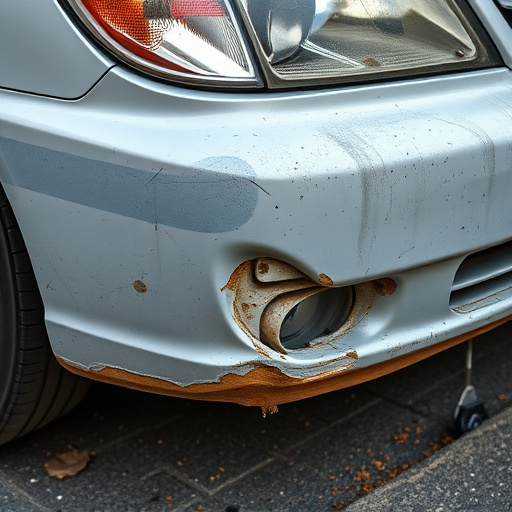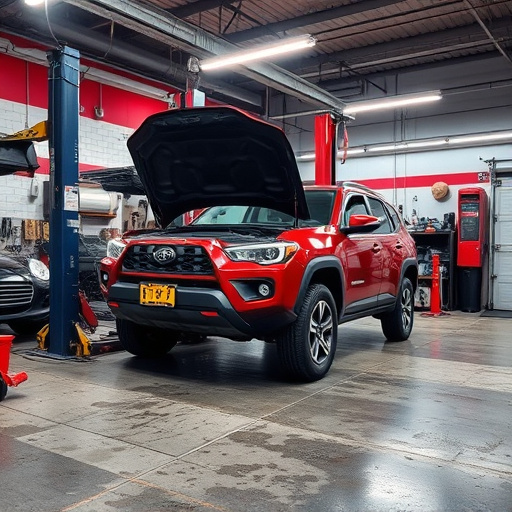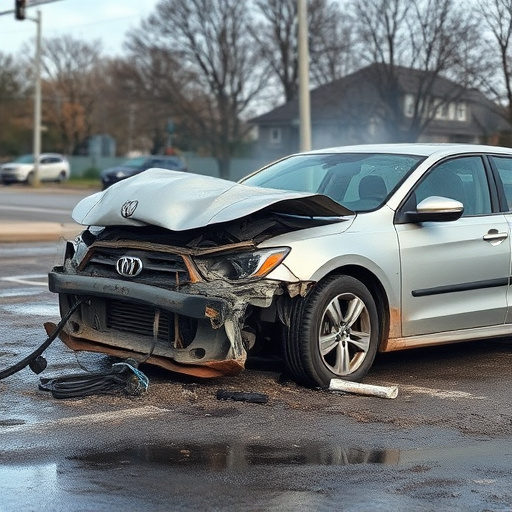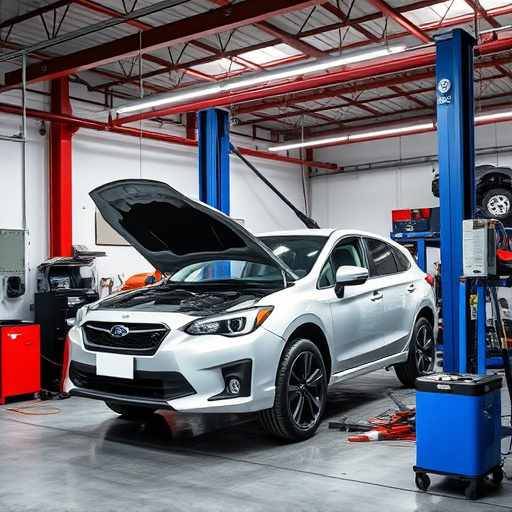Quality control inspections are vital for accurate insurance claim processing in auto repairs, ensuring work meets industry standards and preventing fraud. Skilled inspectors verify claimed repairs, from dent removal to paint consistency, for luxury vehicles, using specialized tools. These inspections enhance efficiency, curb fraudulent claims, promote transparency, build trust, and support fair settlements, maintaining vehicle value and safety.
Quality Control (QC) Inspection plays a pivotal role in ensuring insurance claim accuracy, fostering efficiency, and bolstering industry trust. By meticulously evaluating claims, QC processes validate damage assessments, prevent fraud, and protect both insurers and policyholders from financial loss. This article explores the multifaceted role of QC inspection, delving into best practices for precise claim assessment and highlighting its profound impact on streamlining insurance operations and enhancing public confidence.
- Understanding Quality Control Inspection Role in Claims
- Key Practices for Accurate Claim Assessment
- Impact of QC on Insurance Industry Efficiency and Trust
Understanding Quality Control Inspection Role in Claims

Quality control inspection plays a pivotal role in ensuring insurance claim accuracy, acting as a bridge between policyholders and insurers. It involves meticulous examination of claimed repairs, such as those conducted at a collision repair center or auto repair near me. Skilled inspectors scrutinize every detail, from the extent of damage to the quality of replacement parts used for vehicle dent repair, to verify that the work aligns with industry standards and the reported claims.
This process is crucial in preventing fraudulent activities and misrepresentations. By independently validating the accuracy of repairs, quality control inspections help insurers make fair settlements. It also safeguards policyholders by ensuring they receive the right compensation for legitimate claims. Ultimately, a robust quality control inspection system fosters trust between all parties involved, streamlining the insurance claim process and promoting transparency in auto repair services.
Key Practices for Accurate Claim Assessment

Accurate claim assessment is a multifaceted process that hinges on several key practices. One of the most vital components is conducting thorough quality control inspections. These meticulous reviews ensure that every detail of a repair, from panel alignment to paint consistency, meets the highest standards. By implementing rigorous quality control measures, insurance adjusters can confidently verify the validity and scope of claims, minimizing the risk of errors or fraud.
In the context of collision repair centers, especially those handling luxury vehicle repairs, these inspections become even more critical. Skilled inspectors employ specialized tools and techniques to assess intricate repairs accurately. This precision not only supports fair insurance claim settlements but also guarantees customer satisfaction by delivering high-quality, visually appealing restoration results for their vehicles.
Impact of QC on Insurance Industry Efficiency and Trust

Quality control (QC) inspection plays a pivotal role in enhancing the efficiency and trustworthiness of the insurance industry. By implementing rigorous QC processes, insurance providers can significantly streamline their operations. This is particularly evident in complex scenarios like automotive collision repair or classic car restoration, where meticulous attention to detail is required. QC inspections ensure that every step of the claim processing, from initial assessment to final settlement, is accurate and fair.
The impact of QC on insurance industry efficiency is profound. It reduces instances of fraudulent claims, minimizing financial losses for both insurers and policyholders. Moreover, QC measures promote transparency and accountability, fostering trust between insurance companies and their clients. For auto repair services, this means ensuring that every part replaced or repaired meets the required standards, thereby upholding the value and safety of the vehicle.
Quality control (QC) inspection plays a pivotal role in enhancing insurance claim accuracy, which is essential for maintaining efficiency and trust within the industry. By implementing key practices outlined in this article, insurers can streamline their processes, reduce errors, and ensure fair compensation for policyholders. QC not only validates claim validity but also fosters a culture of transparency and reliability, ultimately benefiting all stakeholders in the insurance ecosystem.
